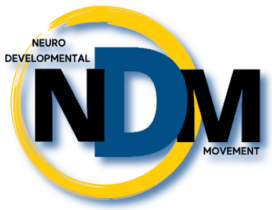- Debilitating fatigue
- Sleep dysfunction, i.e., insomnia, day and night confusion
- Lack of stamina
- Problems planning, organizing, and initiating tasks
- Difficulties with multi-tasking and sequencing
- Need for structure and direction to accomplish tasks
- Poor concentration, attention, and memory
- Problems retrieving information from memory
- Intelligence remains intact, but processing new information is slow
- Problems with pacing activities
- Difficulty with judgment and decision making
- Perseverance, i.e., the mind becoming stuck on one issue
- Distractibility, confusion
- Irritability
- Impulsivity
- Difficulty dealing with change
- Inability to cue, leading to socially inappropriate behavior
- Isolating self as feeling different, and therefore treated differently
- Difficulty “keeping up” in social situations
- Poor coping strategies that impact interpersonal and vocational efforts
- Vertigo (dizziness), lightheaded feeling
- Tinnitus (ringing in the ears)
- Light or sound sensitivity
- Smell and taste alterations
- Visual, speech, and hearing disturbances
- Stress related disorders; depression, frustration
- Emotional lability, i.e., crying for no apparent reason, emotional outbursts
- Compulsive talkativeness
- Balance and co-ordination problems (motor co-ordination)
- Personality change
- Chronic pain, including headache
- Inability to return to work, or if able, at a reduced capacity
- Possible misdiagnosis as, for example, psychiatric illness or malingering
Each head injury is different. A person with neurological dysfunction may experience any combination of symptoms or none at all. Severity of symptoms varies with each individual and may change over time.

